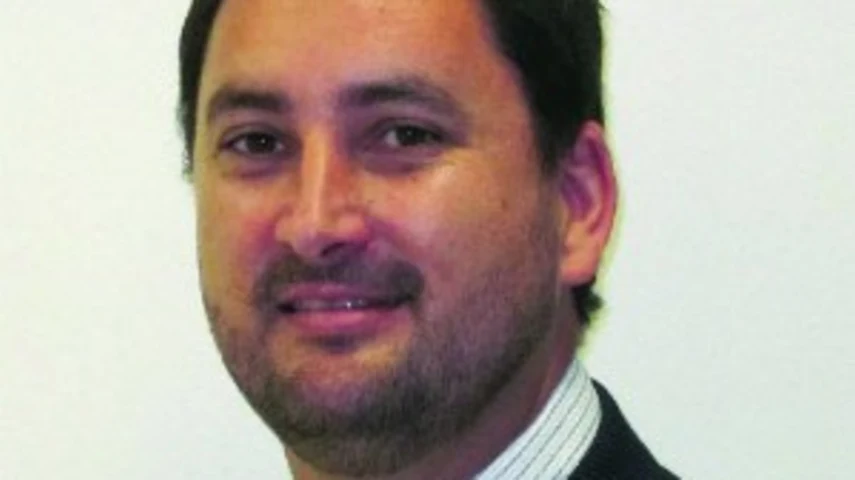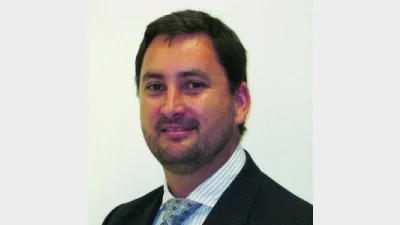Has planning lost its social license?



WHILE in the US recently, I picked up a copy of a prominent newspaper to read about the latest in a long line of issues associated with the Australian wealth management industry. The story was one of consumers who had been mis-advised by financial advisers in a major institution and bore hallmarks of similar stories the industry has faced over the course of the last five years.
There are common denominators in all stories of this nature: distortionary remuneration structures; management lacking the requisite knowledge / experience to manage complex people, systems and processes; and lax or inadequate compliance oversight. While the recipe may change depending on the industry and the scale of the problem, the ingredients are always consistent.
We are losing our Social License to Operate
The wealth management industry is facing a crisis.
In the eyes of Government (of either persuasion), as these issues emerged, we did not respond in a way that met expectations in terms of the opportunity to self-regulate to prevent recurrence. Accordingly, and unsurprisingly, over the last five years we have been subjected to numerous Inquiries, Parliamentary Joint Committees and other scrutiny, as Government perceives we are not acting in a way that the public (their key constituency) expects. This is highly problematic and, almost without noticing, as a profession we have become the subject of public derision — despite the undoubted great work we do every day in helping Australians achieve their life goals.
Every participant in our industry maintains their requisite licensing to operate. It is one of the explicit ‘hygiene factors' without which industry participants simply cannot operate. What we have lost, however, is our implicit license to operate — our ‘social licence'.
‘Social license' defines our corporate social responsibility and community relationships, underpinning how we engage with social, community and environmental issues. Social license implies trust, openness and transparency with our key stakeholder groups and hence is a critical piece of the infrastructure on which we build a successful future.
Social license is a bit like the equity you have in your brand. It's hard to define, but you know when it's gone.
The role of industry structure
In addition to the loss of social license we are facing, there are some important drivers at play in Australia around the structure of the wealth management industry. Various estimates place around 80 per cent of the industry as being owned / managed via the ‘Big Five' institutions (AMP, ANZ, CBA, Westpac and NAB). If we add the acquisitive IOOF, this figure may be even higher.
From a ‘Big Five' perspective, wealth management has been an important contributor to profitability at group level. With ever-tightening capital adequacy requirements driven out of global banking reforms, the banks in particular seek opportunities to enhance profitability from non-traditional banking businesses. Wealth management cross-sell to clients of the more traditional banking business is seen as an important way of continuing to deliver on bank shareholder expectations of ever increasing capital growth, profitability (and dividends).
This also is changing. As in all industries, as regulation tightens, margins are squeezed.
So what?
This is the important question. So what? What does all this mean?
There is little doubt regulation will continue to increase in our industry over time, driving margins lower. This will likely see a ‘Big 5' competitive response via enhancing investment in wealth management technology to lower costs. This will also likely see disintermediation (institutions going direct to clients) to manage institutional risk. These responses will create new market opportunities for smaller, niche industry participants.
On the issue of social license, we need to reach out to and meaningfully engage with our industry competitors, including consumer groups and industry super funds.
There is no doubt our market is fiercely competitive today. If we were to gaze into our crystal ball and look 10-years hence, however, would we see industry participants the same way we see them today? Would the public perceive our industry in a different light if there were active engagement and representation on consumer issues from a cross-section of the industry including for-profit, not-for-profit and consumer groups? What if this broad cross-section of industry representatives played a role in defining and implementing minimum industry standards, or even the regulatory environment in which we operate?
I believe as an industry we need to grasp this nettle, quickly, to minimise the damage from further erosion of public confidence in our industry. This requires industry leaders to take a broader view of stakeholders.
This also requires genuine leadership to embrace the future. We know at the moment this future sees active, interventionist legislation and regulation and ongoing lack of public confidence. Let's not miss the opportunity as industry leaders to better inform and shape what this future will look like. Let's win back our social license.
Rod Bristow is currently Managing Director of Infocus Wealth Management Limited. He is a former CEO of Greening Australia Limited and COO of Commonwealth Securities Limited (CommSec).
Recommended for you
In this episode of Relative Return Insider, host Keith Ford and AMP chief economist Shane Oliver discuss the latest shock consumer price index numbers, which rose to 3.8 per cent in October, as well as the shifting US market and calls for super funds to invest in infrastructure projects.
In this episode of Relative Return Insider, host Keith Ford and AMP chief economist Shane Oliver discuss the Reserve Bank of Australia’s cautious stance in response to persistent inflation, subdued growth prospects, and political shifts affecting the nation’s journey towards net zero emissions.
In this episode of Relative Return, host Laura Dew speaks with Rachel White, head of financial adviser services at Vanguard about how advisers can help Australians to feel confident in retirement.
In this episode of Relative Return Insider, host Keith Ford and AMP deputy chief economist Diana Mousina take a look at the Reserve Bank’s unanimous decision to leave rates on hold on Melbourne Cup Day and whether future cuts are still on the cards.








